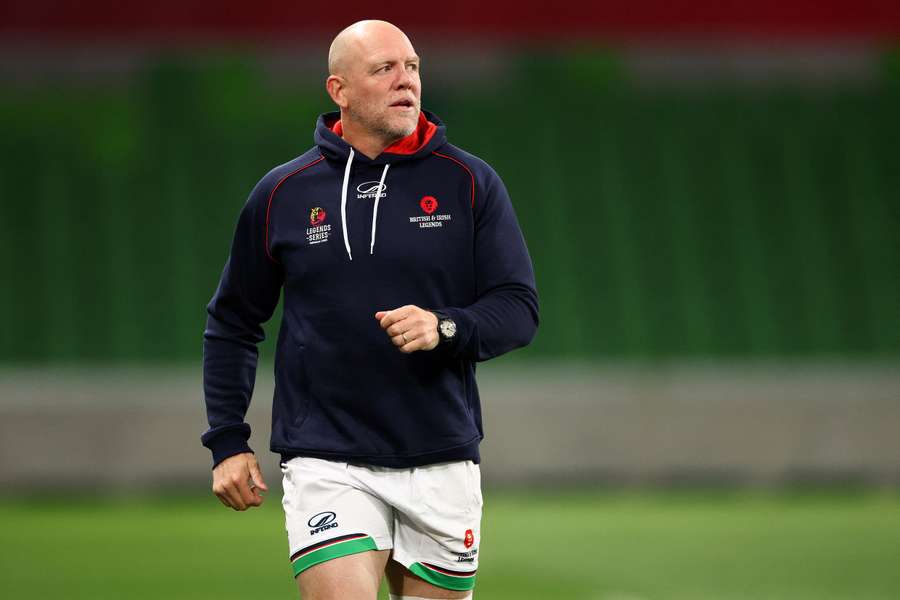The R360 competition has backing from private investors, and former England centre and 2003 Rugby World Cup winner Mike Tindall is the public face of the project, which is shrouded in secrecy.
Few details are known about the plans, but reports have emerged that it would involve six to eight men's teams and four women's teams, and would hope to attract the best players from all over the world to play for the competition's franchises.
But there are concerns about where the competition would fit into an already congested calendar.
In response, the national rugby unions of Australia, New Zealand, South Africa, Ireland, England, Scotland, France and Italy said in a joint statement on Tuesday that players who joined the R360 project would make themselves ineligible for national team selection.
"As a group of national rugby unions, we are urging extreme caution for players and support staff considering joining the proposed R360 competition," they said.
"We all welcome new investment and innovation in rugby; and support ideas that can help the game evolve and reach new audiences; but any new competition must strengthen the sport as a whole, not fragment or weaken it."
The eight unions criticised the project for having given "no indication as to how it plans to manage player welfare".
'Player welfare key'
Organisers of R360 were quick to release their own statement, playing down any fears about what impact its competition would have on players.
"Player welfare is one of the key reasons for creating our global series, which will greatly reduce player load and capture the attention of a new generation of fans globally," the statement said.
But the eight unions said there was no information on where R360 would fit into the calendar or how it could co-exist with international rugby.
"The R360 model, as outlined publicly, rather appears designed to generate profits and return them to a very small elite, potentially hollowing out the investment that national unions and existing leagues make in community rugby, player development, and participation pathways," the unions said, adding that this project "could be enormously harmful to the health of our sport".
"Each of the national unions will therefore be advising men's and women's players that participation in R360 would make them ineligible for international selection."
But R360 hit back, insisting that it wanted to work with rugby's other stakeholders.
"We want to work collaboratively as part of the global rugby calendar," it said. "The series is designed with bespoke schedules for men's and women's teams, and R360 will release all players for international matches, as written into their contracts."
R360 is hoping to gain approval from the sport's global governing body, World Rugby, at its council meeting next summer, with the view to beginning its first competition in 2026.

